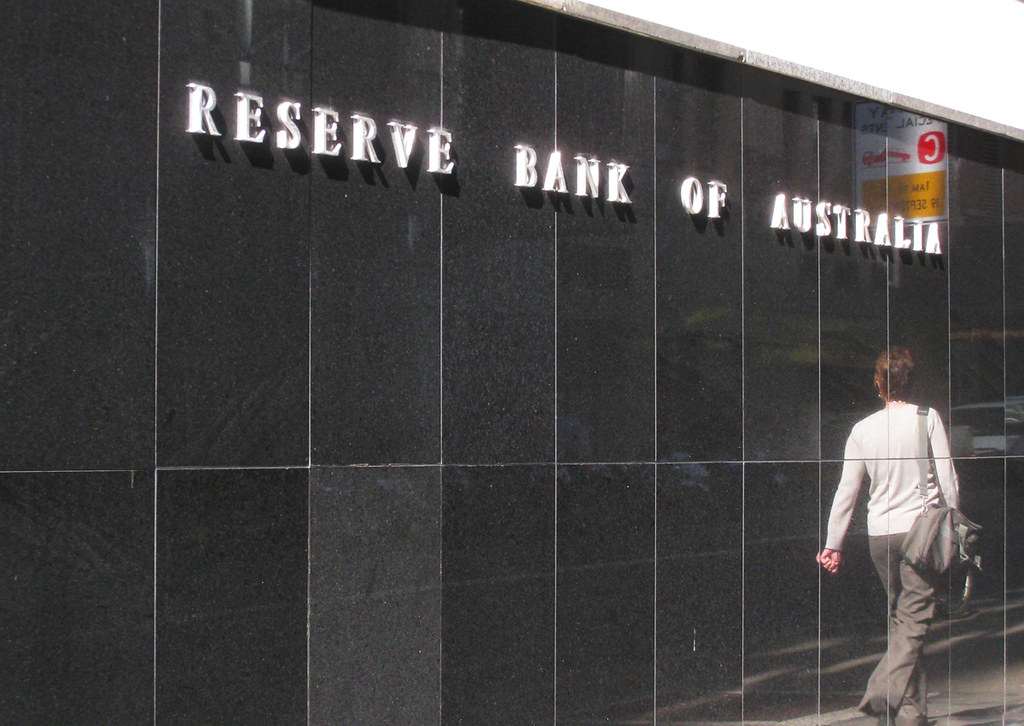Board’s Cash Rate Decision
During their recent meeting, the Reserve Bank of Australia (RBA) opted to maintain the cash rate target at 4.10 per cent and keep the interest rate paid on Exchange Settlement balances at 4.00 per cent. This course of action was the result of the 4 percentage point increase in interest rates since May of the previous year, which aimed to establish a more sustainable economic balance while monitoring the impact of such increases.
Rationale
The RBA decided to hold interest rates steady for the time being, considering the uncertainties surrounding the economic outlook. Providing more time to assess the impact of the rate increases and the economic climate, the RBA acts cautiously to ensure the most favorable conditions for property investors and the Australian economy.
Current Inflation Trends
Although Australian inflation has passed its peak, it remains too high and will likely persist for an extended period. The central forecast projects a return to the 2-3 per cent target range for the Consumer Price Index (CPI) inflation by late 2025. As goods price inflation eases, services prices and fuel prices rise, and rent inflation remains elevated, the RBA stays vigilant to monitor these trends.
State of the Australian Economy
The Australian economy exhibited slightly stronger growth in the first half of the year than anticipated, but still faces a period of below-trend growth. High inflation continues to weigh on real incomes and household consumption growth, and dwelling investment remains weak. In light of these conditions and a forecasted rise in the unemployment rate, the RBA seeks to return inflation to the target within a reasonable timeframe, making it a priority for both the institution and the nation.
Forecasts
With uncertainties surrounding the outlook, the RBA remains watchful of multiple potential obstacles. Persistent services price inflation overseas may occur within Australia, and firms’ pricing decisions and wages could be affected by the slowed economy. Household consumption also faces uncertainty due to the financial squeeze many families experience, despite booming housing prices and income from interest.
Regarding the global economy, uncertainties persist in the Chinese market due to ongoing property stresses. Depending on the data and evolving assessments of risks, further monetary policy tightening may be needed to achieve the target inflation within a reasonable timeframe. This process involves the RBA paying close attention to global economic development, household spending trends, and inflation and labour market outlooks.
In response to all of this information, the RBA remains resolute in its determination to return inflation to target and will take necessary actions to achieve that outcome while prioritizing the interests of Australian property investors and the overall economy.












